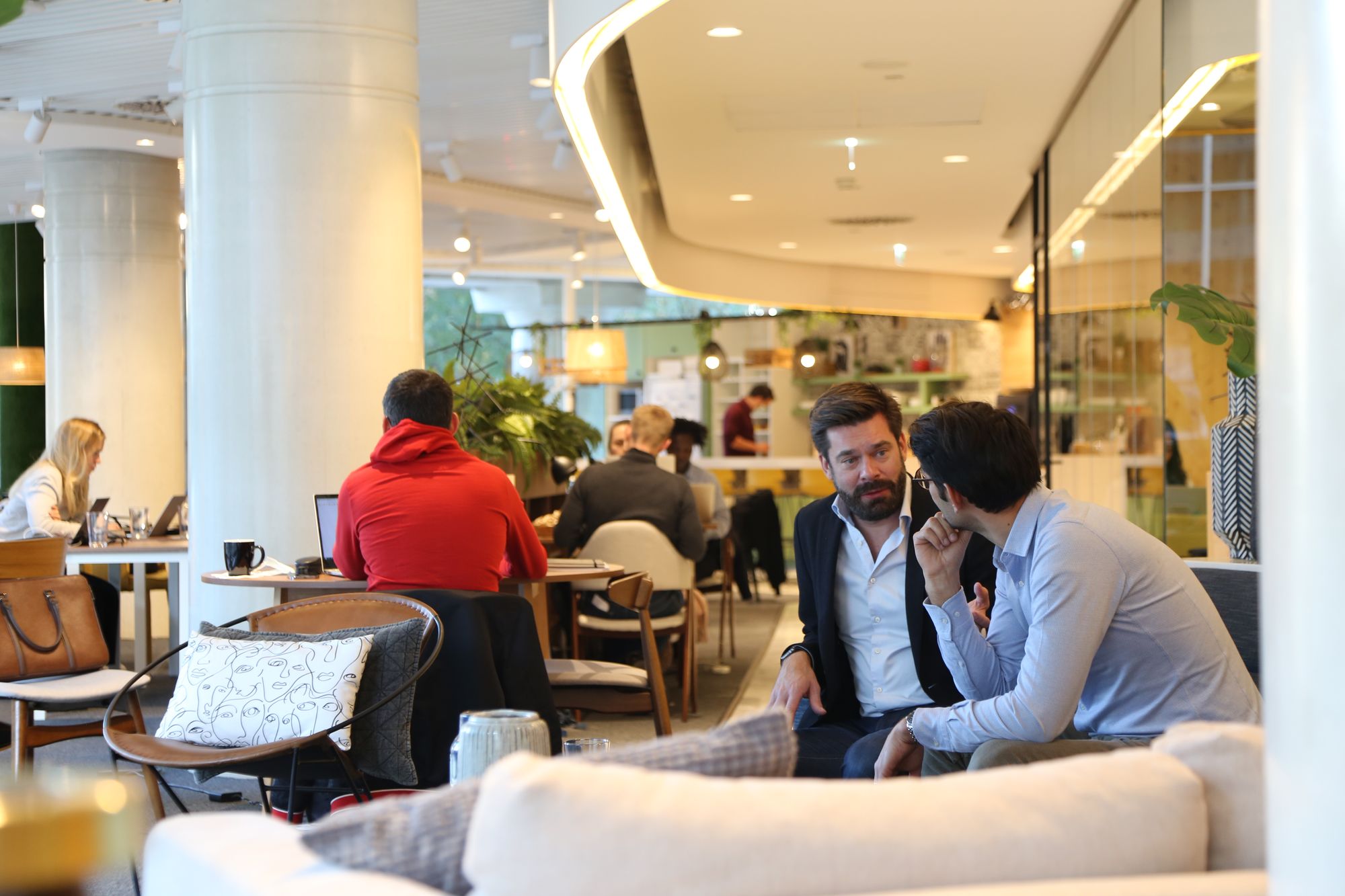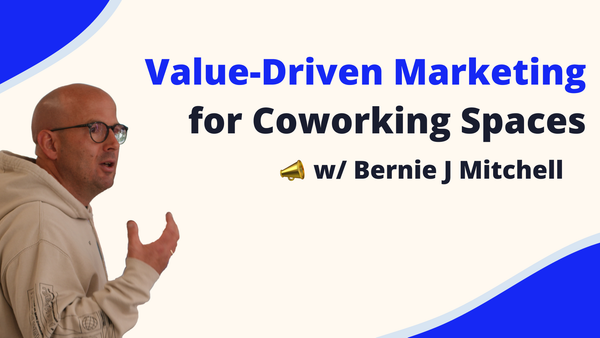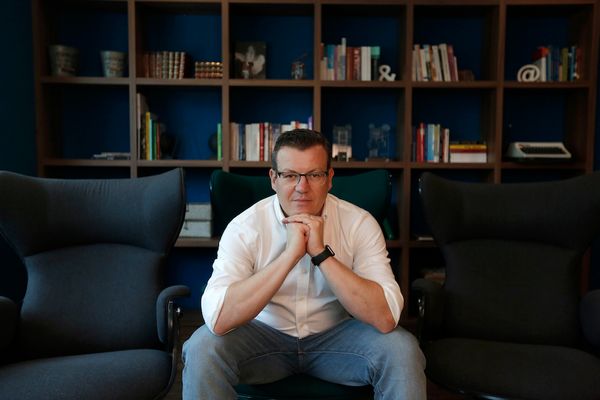Puedes leer este artículo en español aquí.
This is the continuation of the article that you can read here.
In 2021, Carlos Gonçalves, founder of Avila Spaces, decided to close his second location while keeping his third location open—where most of the virtual office services they offer were concentrated. Since the opening of this new headquarters, it has been growing. In 2012, they incorporated their first coworking space (after the failed attempt in 2007) and other floors with more offices.
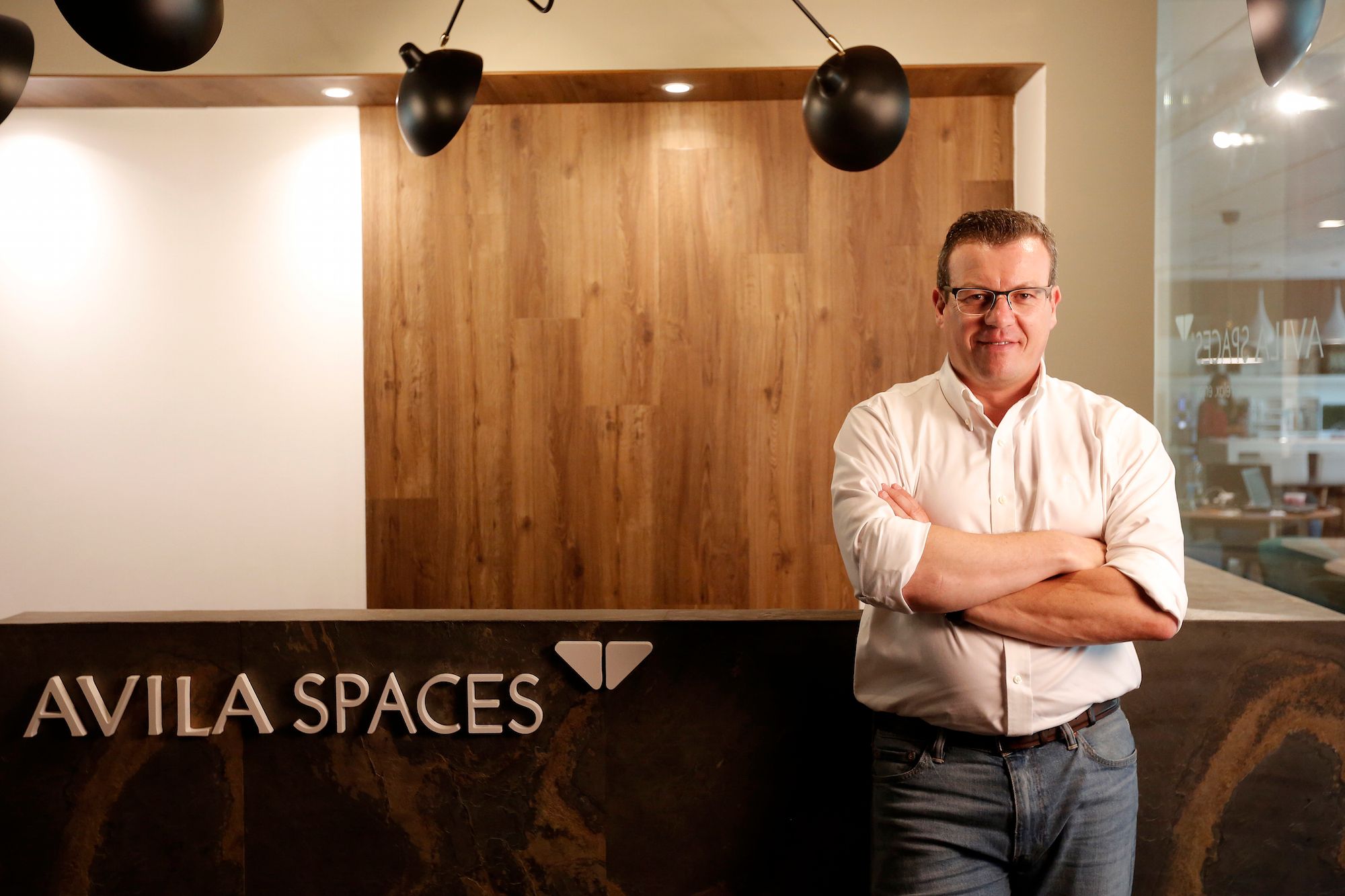
Another aspect we discussed with Carlos is about their renovations. The most successful flexwork spaces are those that are constantly renovating, evolving with the market, never falling behind the curve. Carlos tells us how, for example, in 2017 they decided to close the seventh floor and how they have been updating the space to always offer a pleasant and modern environment to their users.
“Every 8 or 10 years we have to make changes”
Creating a coworking space in a shopping center is not an easy task. Three decades ago, you’d have a tough time finding any options inside that weren’t commercial, but in the decades since, they’ve pivoted to provide space for all sorts of activities to make these centers more lively. Despite efforts to turn shopping centers into leisure centers, we have seen dozens of them close in the United States before the pandemic, and it is not clear where these spaces that until relatively recently had exorbitant prices per sqm are heading.
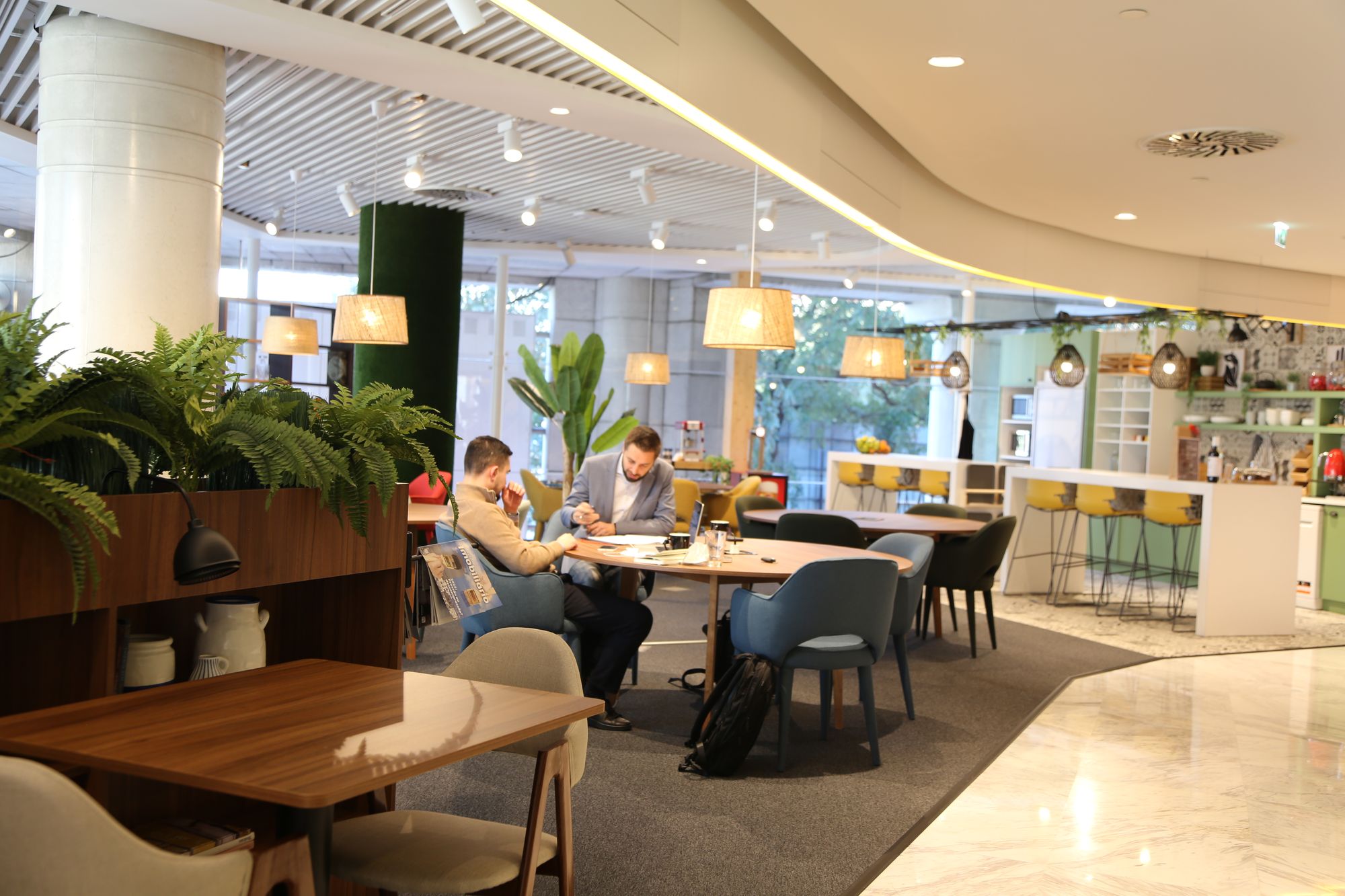
Shopping centers’ bet on renewing themselves and becoming “community” spaces to ensure traffic for the on-site businesses used to focus on incorporating a diverse range of food and leisure activities. Now they are trying to consolidate traffic not only on holidays and non-working hours, but also during working hours. And this is where coworking comes in.
In the same way that a shopping center offers a space at a ridiculously low price to Apple because they know that having this brand in their shopping center increases the sales of the entire shopping center by 10%, now there are owners who are willing tostrike special deals with coworking operators. Although they will pay them less per square meter than commercial space, having a workforce commute to the mall will help increase traffic in their centers during off-peak hours.
“During the lockdown, shopping centers were struggling worldwide, and we had a meeting with the owner. They had a 700 sqm space, and we had to reinvent ourselves: people wanted more open spaces, to socialize more in common areas, and on Ave. de Republica, we couldn't provide them due to the layout of the floor.”
“For us, it was also an opportunity to reinforce our visibility.” Carlos adds. “It was the first coworking space in a shopping center in Portugal, and we didn't know if companies would want to choose a space in a shopping center, but the key, I think, was to create a very professional space that the user perceives as soon as they arrive.”
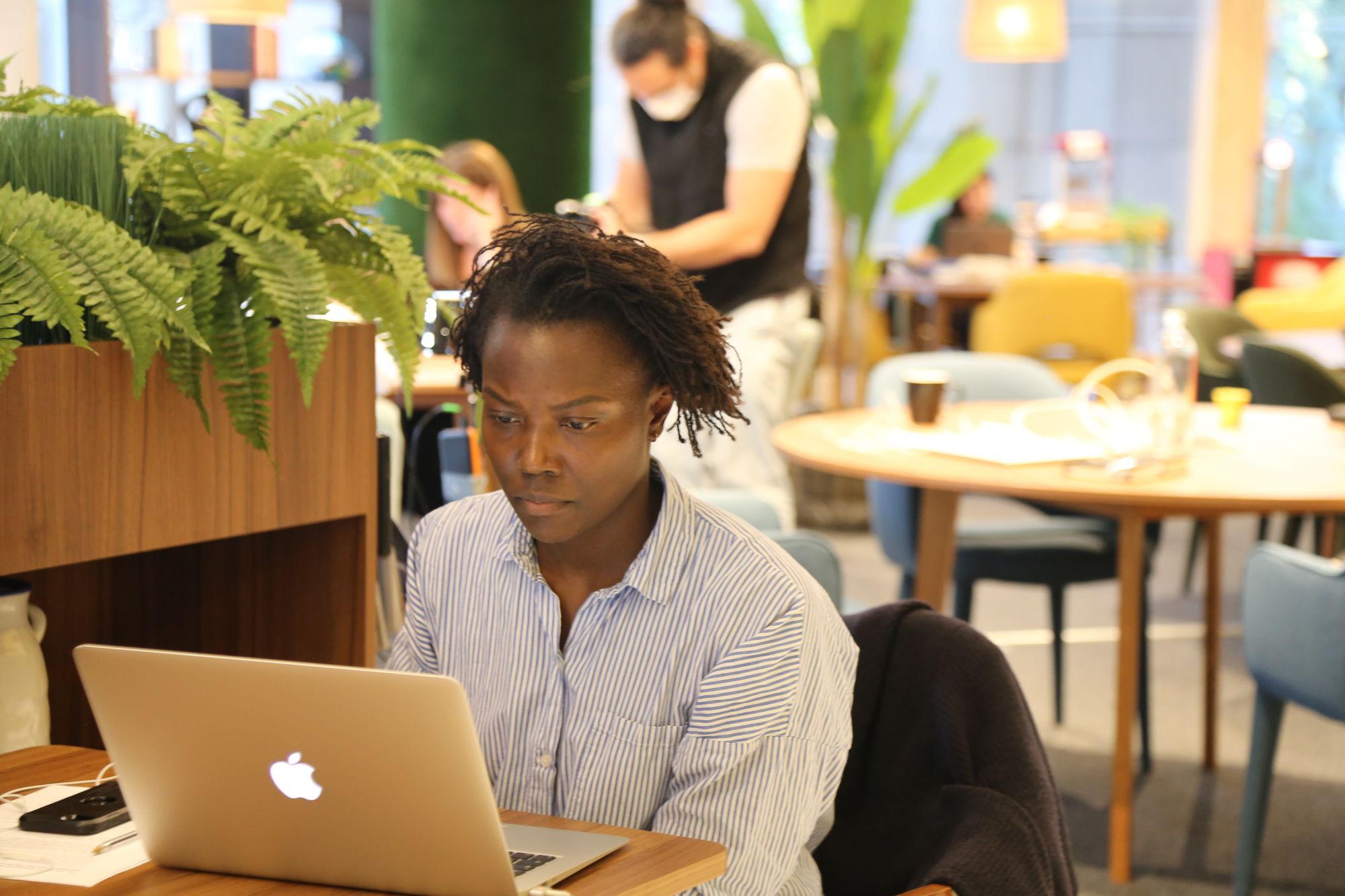
I couldn't help but ask him about the benefits per square meter, given the astronomical prices in retail. Although I told him that I didn't want to go into detail about specific numbers, Carlos answered: “It's very difficult to say because many users use both locations, but the other location is probably more profitable because the price per square meter is lower, and we have more clients there. But here we see good potential if we work with the owners of the shopping center.”
In the past, cities were organized into neighborhoods that were designed, whether organized or not, for a specific use. In recent decades, we have seen how increasingly mixed use can occur in cities, neighborhoods, or even streets. Avila Spaces in the Atrium building, which occupies a floor within the shopping center and the third floor of the same building with offices, is a good example of this trend.
How does Carlos Gonçalves see the future of flexible workspaces?
“I think the demand will continue to grow. I see more and more companies looking for flexible office space or a membership for their employees. I think hybrid work will increase [in popularity], which is a great advantage for us. I also see a growing concern on the part of companies to improve their employees' work-life balance, which is also an advantage for us since we can be part of the solution with the working conditions and flexibility we can offer.”
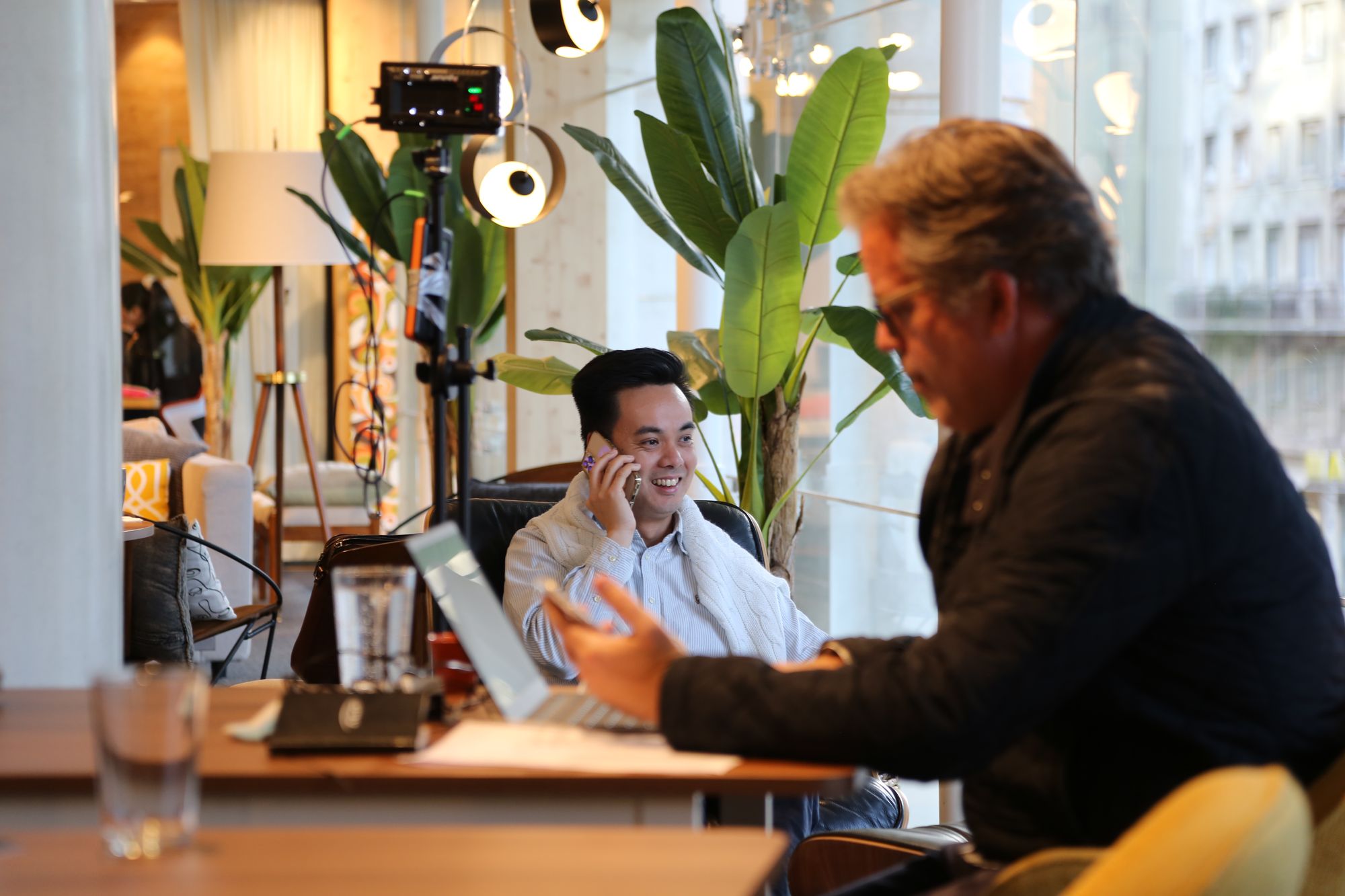
“We saw how during the pandemic it was said that the office was dead, that everything would be online, etc. And now we see that it is reversing to what it was before. Although the organization has changed in many ways within companies, if you look out the windows, you will see that the offices across the street are all full; we are social animals, and we like to be in a space where we can socialize and meet other people. Although we do not know what the future may bring, I think this industry has a bright future.”
And to know how seriously he takes his own words, the next question was mandatory: Are you working on your next location? “Yes”.
Obviously he would not tell us where it will be, but he did tell me:
“We have two locations in the same neighborhood, and we believe it is important to be in another neighborhood of the city.”
I don't know what the future holds, but I agree with him that the office is not dead. I would add that workers are not necessarily opposed to the office itself, but what is clear is that they have a problem with unending commutes and hostile spaces, a problem with poor ergonomics and an underwhelming inspiration. After a period in which we were forced to work from home, many do not want to go back, forcing companies to rethink their strategy because “you have to come and work here because I say so” does not work. It will depend on who has the upper hand in each case, employee, or company. I believe that in this future, just as in the past, flexible workspaces have been a tool for attracting talent in startups, in the coming years, we can become a fundamental tool for companies that want to offer flexibility and work-life balance to their employees.
But whatever happens, whatever occurs, I know I can't wait to find out when that new opening will be and how Carlos Gonçalves will surprise us next time in the wonderful city of Lisbon.
If you aren’t already using Cobot as your coworking management software, give it a go! You’ll find that our features can help you run your coworking space more effectively and grow your community. Just sign up for a free trial or a live demo session. And if you have questions, our support team is all ears!
Happy Coworking!
